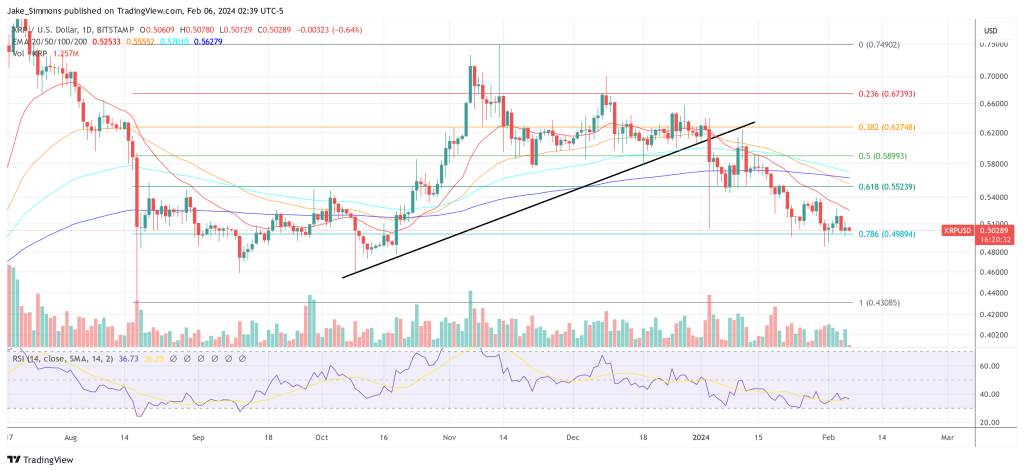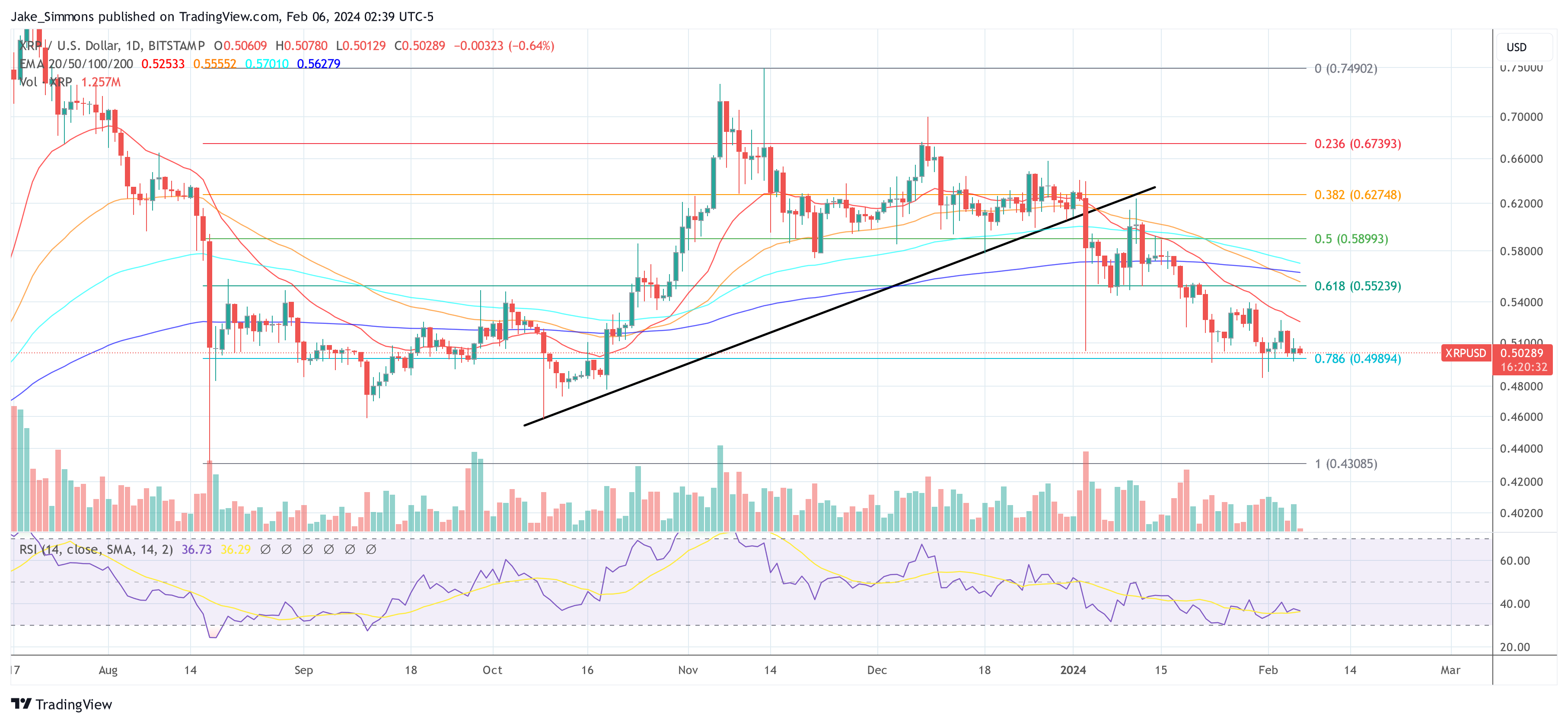Yesterday, in a significant development in the ongoing legal battle between Ripple and the Securities and Exchange Commission (SEC), US District Judge Sarah Netburn granted the SEC’s request for Ripple to disclose more comprehensive financial details and information about its institutional sales of XRP.
The court’s decision mandates Ripple to present its financial statements for the years 2022 and 2023, along with contracts that govern the institutional sales of XRP. Additionally, the company is required to clarify the extent of proceeds received from these institutional sales of XRP.
In response to the SEC’s earlier motion, Ripple had argued that the company’s financial health was not pertinent to the case. However, the court disagreed, stating that there was “no basis to short-circuit that inquiry by denying access to readily available information that may be probative to the remedy stage.”
Judge Netburn also concurred with the SEC’s position that data regarding post-complaint institutional sales of XRP are crucial for determining “whether an injunction is necessary and just.”
XRP Lawsuit: The Legal Battle Resumes
Bill Morgan, a prominent pro-XRP lawyer, commented on the situation, highlighting the timely nature of the court’s decision, especially considering the impending deadline set for 12 February 2024, to conclude remedies-related discovery.
Morgan remarked, “I indicated a few days ago that Judge Torres needed to rule quickly on the SEC’s motion to allow remedies related discovery to be completed by 12 February 2024 as previously ordered. No surprise to me the SEC’s motion succeeded and quite frankly I think the XRP community wants to see the Ripple post complaint contracts.”
Morgan further speculated on the potential implications of this ruling, suggesting that it might have a more significant impact on the prospect of a permanent injunction rather than on the financial penalties that Ripple might incur.
He added, “I do not think it will change John Deaton’s recent view with which I agree on what penalty Ripple may be ordered to pay (less than the amount Ripple has paid in legal costs). It has more bearing on whether a permanent injunction will be granted and, if so, and how broadly or narrowly it will be confined.”
The discourse extends to the nature and scope of any potential injunctions, with discussions focusing on whether post-complaint contracts can be distinguished from previous ones based on their features. This distinction could potentially limit the injunction to sales under specific types of contracts.
Ripple’s New Battleground
Addressing the future challenges for Ripple, Morgan identified the sales to On-Demand Liquidity (ODL) customers as a key battleground.
He explained, “ODL customers using ODL will not be restrained by an injunction. It is what sales of XRP by Ripple to ODL customers could be restrained unless registered. As I understand ODL, it can work without the ODL customer needing to buy XRP from Ripple. They could buy it on secondary markets, and then there is the issue of sales to ODL customers overseas that are outside the reach of an order of a US Court.”
Morgan also highlighted the strategic aspects of Ripple’s approach in this legal tussle. He pointed out, “The SEC is well aware of this commercial issue and the pressure it can place on Ripple, if Ripple cannot structure its future sales in a way that is commercially viable and legally compliant. […] The issue of sales to ODL customers will eventually become central either on appeal or in the remedies phase.”
He concluded with a forward-looking statement, indicating the crucial nature of the upcoming legal proceedings: “By the way, if you don’t think Ripple is not going to agitate this issue in the remedies phase you need to closely at what the SEC said in its reply brief on the motion to compel.”
At press time, XRP traded at $0.50289.


